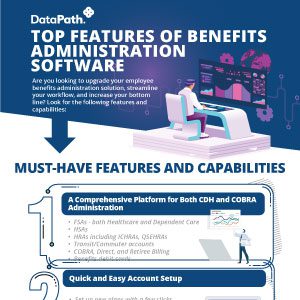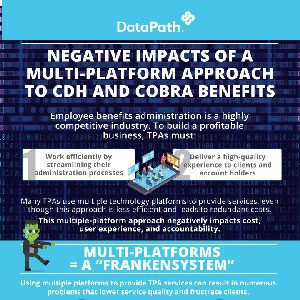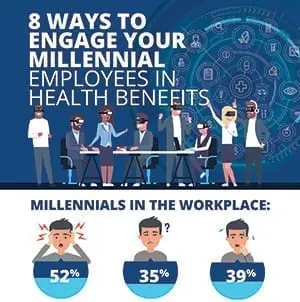Does Your State or City Require Commuter Benefits?
Commuting to and from work daily can be quite a headache and consume a lot of valuable time, especially for employees who live near or travel into a big metro area. With the average commute at 26 minutes, it takes nearly an hour each day to get to and from your place of employment. Consider, too, that an estimated 76% of U.S. workers travel to their place of work every day, trying to avoid traffic










